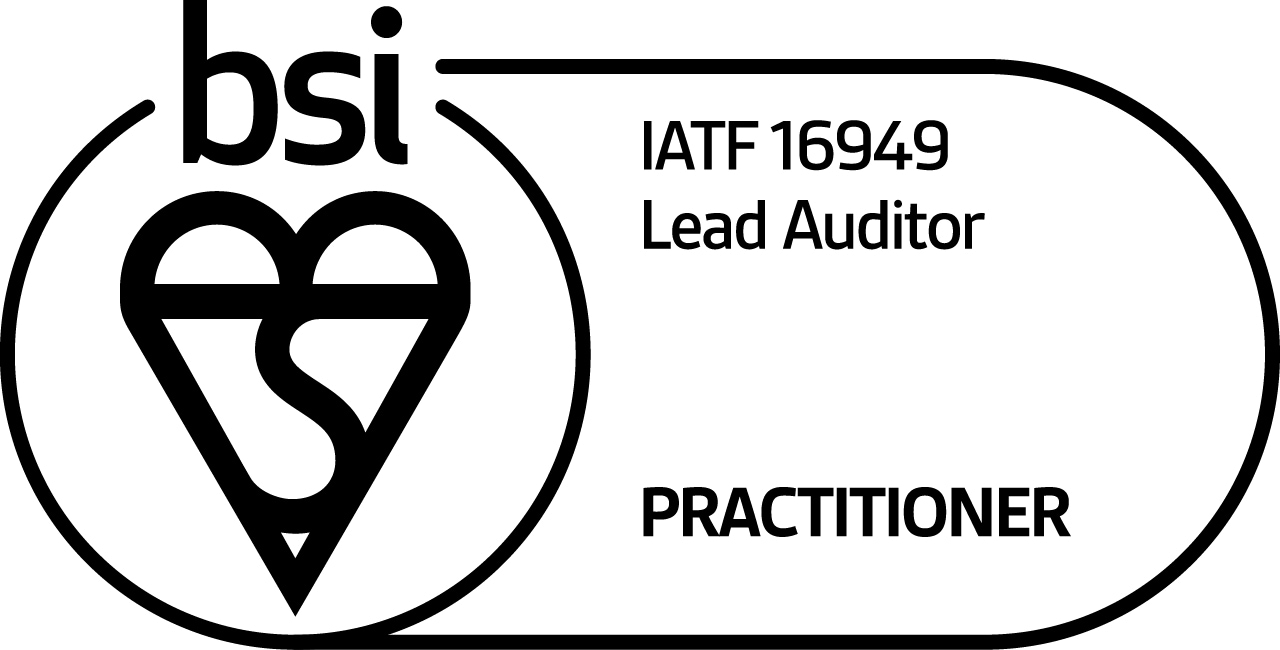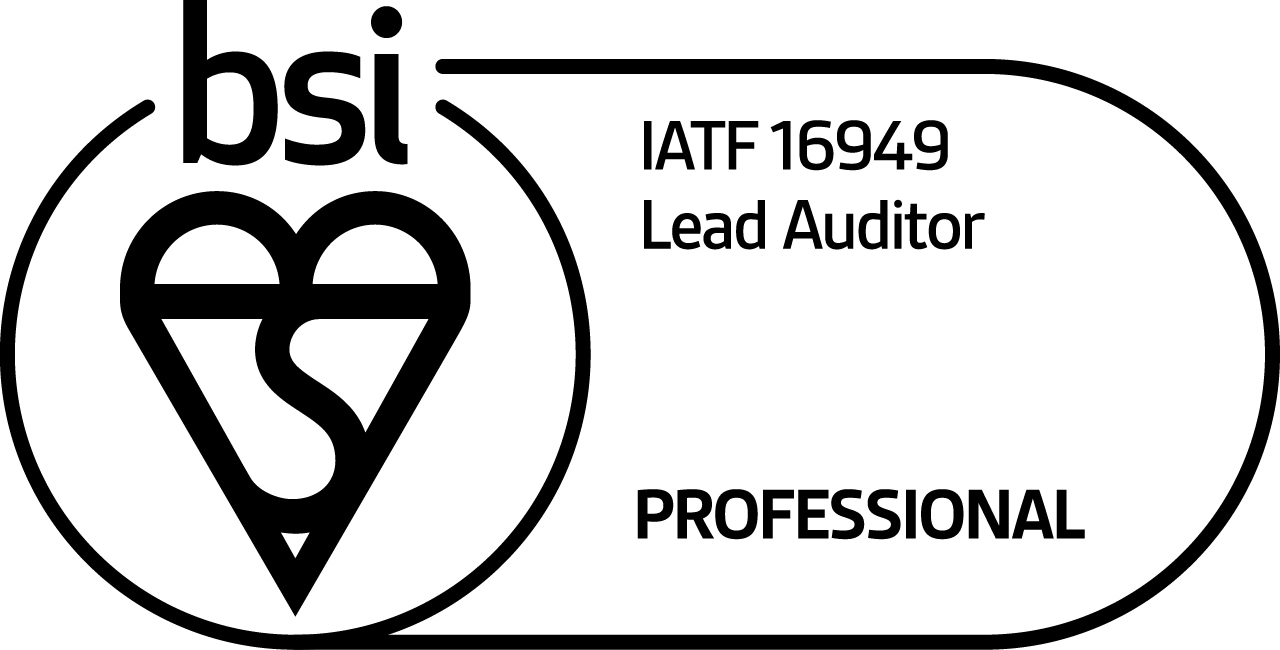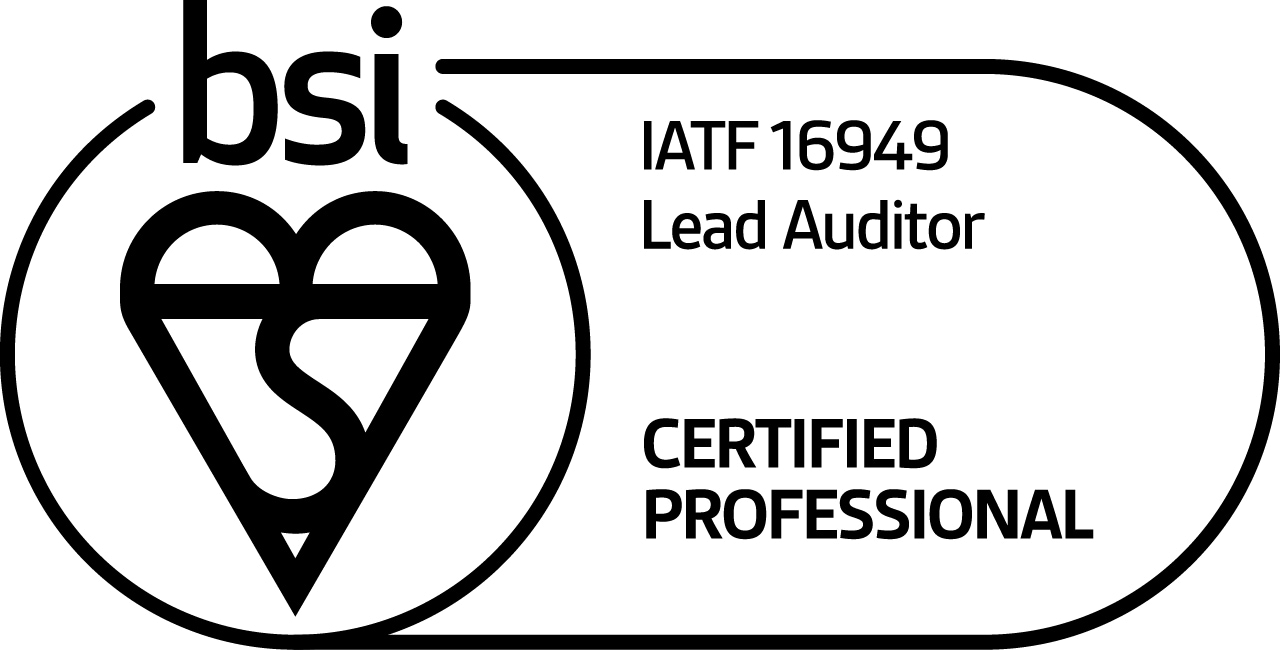IATF 16949:2016 Lead Auditor Practitioner qualification includes:
ISO 9001:2015 Requirements (4 Hours eLearning)
- Learn the importance and benefits of an ISO 9001:2015 QMS
- Understand the key requirements and terms and definitions of ISO 9001:2015
- Recognize the structure of ISO 9001:2015, which incorporates the Annex SL common framework for management system standards
- Understand main concepts such as risk-based thinking, process approach, Plan-Do-Check-Act, and 7 management principles
IATF 16949:2016 Requirements (2 Days classroom – in-person or virtual)
- Learn the importance and benefits of an IATF 16949:2016 QMS
- Understand the key requirements and terms and definitions of IATF 16949:2016
- The relationship between IATF 16949:2016, ISO 9001:2015 and the Annex SL high level structure
IATF 16949 Core Tools for Auditors (2 Days classroom – in-person or virtual)
- Understand the basic core tools concepts for the auditor
- Understand the desired outputs from the core tools
- Understand and interpret the core tools outputs such as APQP process, PPAP submission requirements, FMEAs (design & process), control charts, process capability study and measurement system analysis (for both variable and attribute measuring systems)
IATF 16949:2016 Lead Auditor (5 Days classroom – in-person or virtual)
- Describe the purpose of an AuQMS, of QMS standards, of management system audits, of third party certification and of business benefits
- Explain the role and responsibilities of an auditor to plan, conduct, report and follow-up an AuQMS audit in accordance with ISO 19011, and ISO/IEC 17021, as applicable
- Plan, conduct, report and follow up an audit of a AuQMS to establish conformity (or otherwise) with ISO 9001/IATF 16949 and in accordance with ISO 19011, and ISO/IEC 17021, as applicable




